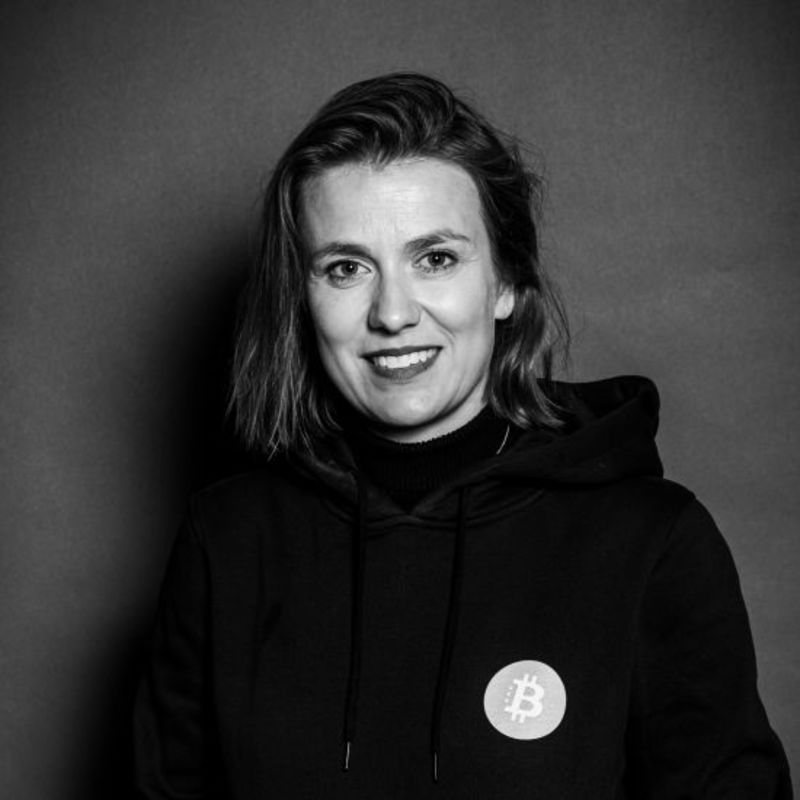

The Czech National Bank (CNB) is taking into consideration the addition of Bitcoin to its national reserves, with the governor Aleš Michl who proposes to allocate up to 5% of the reserves of 140 billion euros in the country to cryptocurrency. If approved, this move would make the CNB the first western central bank to keep Bitcoin. Michl argues that Bitcoin could act as a diversification tool in the growing global interest in investments in cryptocurrency, in particular after the introduction of Etf Bitcoin by important financial institutions such as BlackRock.
The board of directors of the CNB yesterday approved an internal analysis to evaluate the potential risks and the benefits of Bitcoin’s detention as part of its reserves. This analysis will inform the final decision, but immediate changes will not be made until the revision is completed. Although there is no specific temporal sequence, it is reasonable to anticipate that the analysis of the CNB and the subsequent decision -making process may take several months. Since the Board of Directors of the CNB has the authority to decide the reserve composition, legislative approval is not required at this stage. However, if larger political changes or further supervision measures are considered necessary, further regulatory discussions could follow. The result of this process will determine if the Czech Republic takes a pioneering step in the adoption of Bitcoin at the central banking level.
Of course, not everyone is convinced. Critics claim that Bitcoin’s volatility makes it an unreliable reserve activity, with prices that float drastically for short periods. Finance Minister Ceche Zbyněk Stanjura warned that the central bank should prioritize stability, not speculation. But volatility alone does not disqualify an activity from being part of a diversified reserve, after all, the National Czech bank already holds gold, foreign currencies and bonds, which involve all its risks. Yes, Bitcoin is volatile, but it is also the euro when the central banks print trillion. Bitcoin, despite its price oscillations, has been the most performing activity of the last decade and is increasingly recognized as a hedge against an excessive monetary expansion and inflation. The continuous struggles of the euro area with debt and inflation strengthen only the topic for the inclusion of Bitcoin. The maintenance of a small allocation of Bitcoin, the Czechia is not betting in a reckless way: it is taking a calculated step to guarantee financial resilience in an era of growing economic uncertainty.
Christine Lagarde recently rejected the idea that Bitcoin became a reserve resource in the European Union, but here are the key details: the Czecchia is in the EU, but not in the euro area. Unlike the countries that must follow the policies of the European Central Bank, the Czechia has its own currency, the Czech Koruna (CZK) and a completely independent central bank. This means that the Czech National Bank is free to make its own monetary decisions, including the addition of Bitcoin to its reserves. While Brussels resists, Prague can drive.
For many, this proposal seems radical. But for those who understand the past of the Czechia, it seems the next natural step. My country of origin is a nation of Fai -da -te thinkers, people who know that if you don’t do it alone, nobody will do it. We have always had to understand how to survive and maintain our freedom because it was taken so often. It makes so much sense that Bitcoin resonates here. When you grow by listening to your grandfather’s stories at the Christmas dinner – Stories on how his land and house were seized by the communist regime, just to be neglected and ruined by state cooperatives – you understand. When you heard of your relatives fleeing abroad, leaving behind all their goods, cooking the last gold inherited in their coats just to have the opportunity to survive in the West, you really understand it. You want to have something that nobody knows he doesn’t even have, something that nobody can take from you.
The innovation of the Czechia in Bitcoin is not a coincidence. The first Mineral Pool of Bitcoin in the world (Slush Pool, now Braiins) was founded in Prague, together with the first hardware portfolio ever, Trezor. Recently, the government has taken a progressive step by eliminating taxes on capital gains for long -term bitcoin holders, making it easier for citizens to build generational wealth. This does not happen alone: it is the result of an relentless work of Bitcoiner in Czechia, which constantly push the boundaries, educating not only individuals but also politicians, politicians and governors. Despite the ongoing debates on what constitutes a basic approach, in my opinion, there is no better example than a strategy from the bottom up. Often we complain that policies don’t make sense and are unjust, but what do we do to change them? We flock, explain, educate and clarify what we want, for what we will vote and where we draw the line.
It is not just Bitcoin: it is a question of guaranteeing our place in Europe and reaffirming our role in the western world. The proposal of the CNB to hold Bitcoin as a reserve resource could consolidate the reputation of the Czechia as a European leader in innovation – and, we are honest, finally give this small nation access to Bitcoin at the price it deserves. Unlike nations rich in resources that are based on oil or vast agricultural exports, the Czechia is always depended on ingenuity, crafts and strategic thought. We have no liquid gold under our feet and we cannot “pierce, baby, drill”. We have no vast and fertile lands. But we have our minds and our hands, and in this highly competitive breed, this is how we will protect our future.
This article is a Take. The opinions expressed are entirely those of the author and do not necessarily reflect those of BTC Inc or Bitcoin Magazine.
